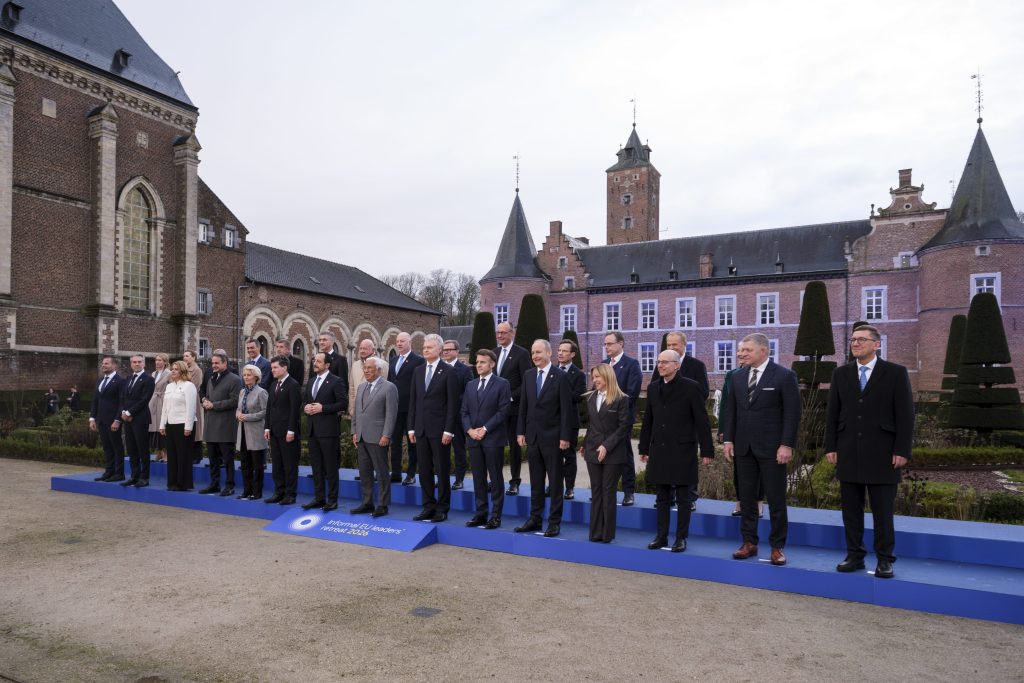On Monday, the SEC settled charges against DWS Investment Management Americas Inc. (DWS), a subsidiary of Deutsche Bank AG, related to its failure to develop a mutual fund AML program and misstatements concerning its ESG investment process.
To resolve the charges, DWS agreed to pay a total of $25m in
Register for free to keep reading
To continue reading this article and unlock full access to GRIP, register now. You’ll enjoy free access to all content until our subscription service launches in early 2026.
- Unlimited access to industry insights
- Stay on top of key rules and regulatory changes with our Rules Navigator
- Ad-free experience with no distractions
- Regular podcasts from trusted external experts
- Fresh compliance and regulatory content every day













